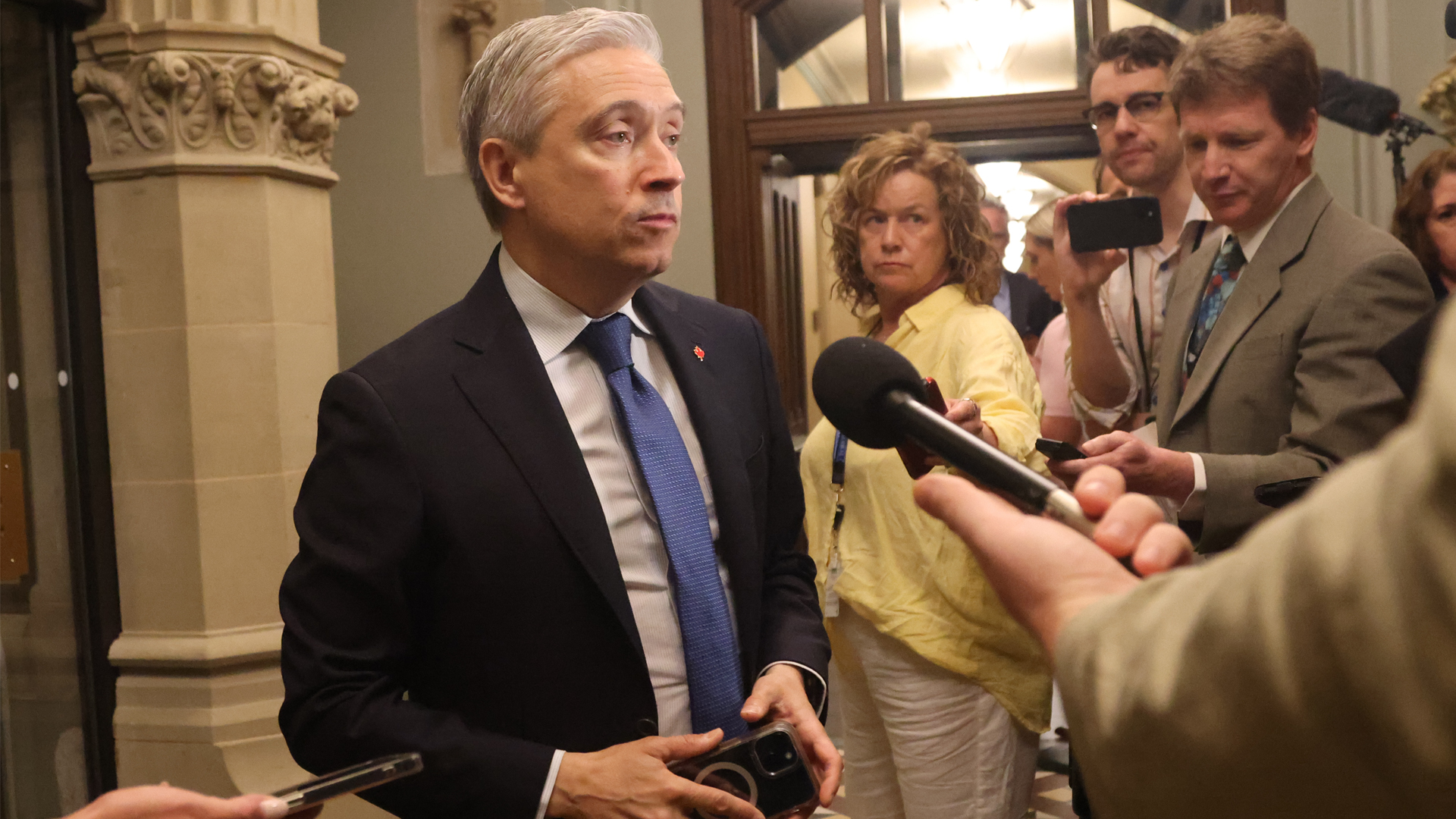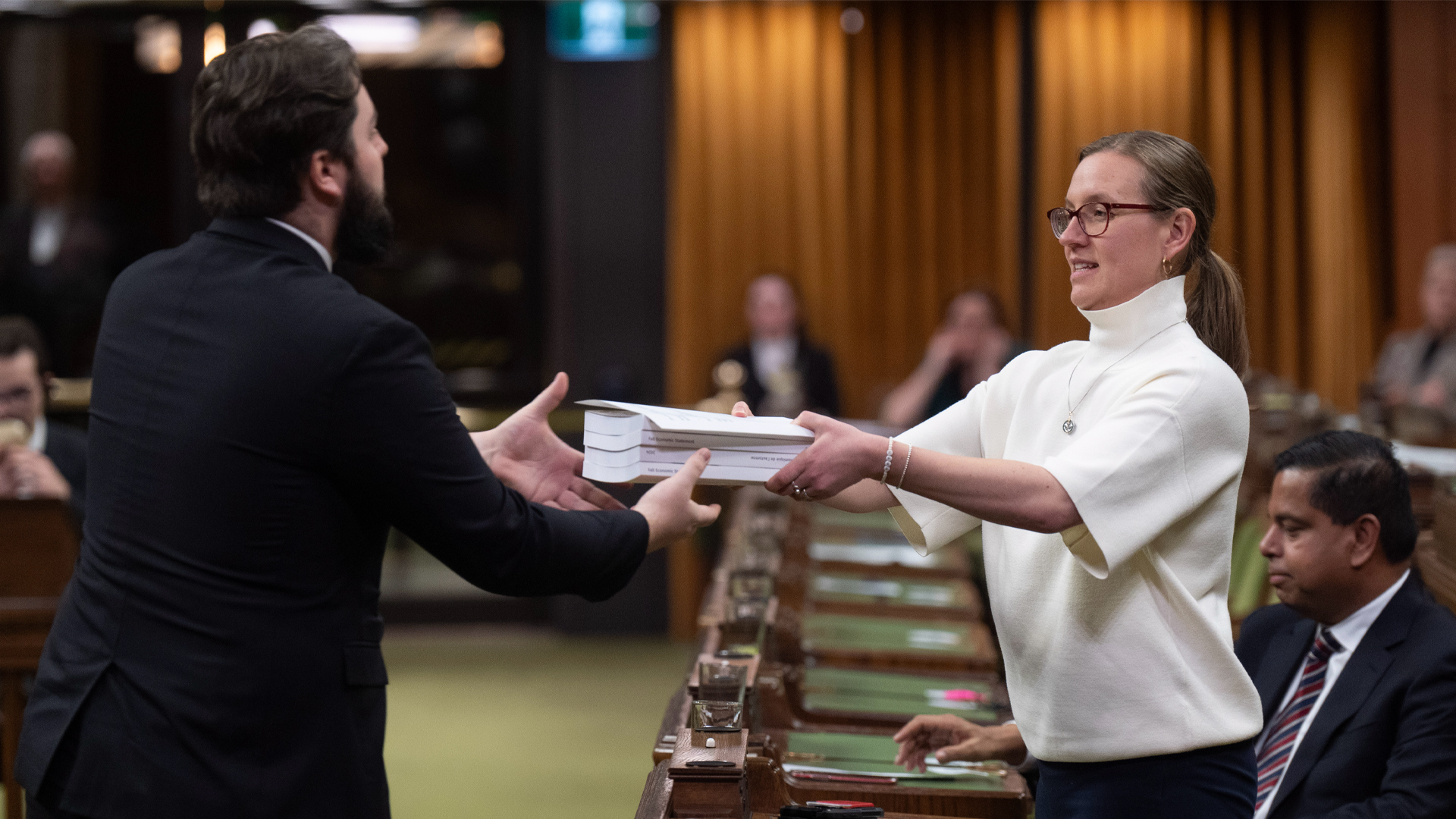
A terminal illness brings difficult choices. When the end is near and the body is failing, the medical team and loved ones have to decide if any good can come from the loss: Are there healthy organs that can be saved for donation?
There is a parallel here to the current state of federal politics. It seems unlikely that Justin Trudeau’s government will survive this week’s unprecedented shocks. Whether it is the Liberal caucus, the opposition or voters, a larger body politic is bound to deliver a final fatal blow soon enough.
But the full set of policy measures in the fall economic statement (FES) does not have to die, too. Some of the changes in that document would serve the national interest no matter who is in government. One or more opposition parties could support them. A government set on public purpose more than political gain could reach across the aisle to find common ground to preserve the portions that will help Canadians.
Otherwise, it could be some time before a governing party can re-introduce similar measures in the event of prorogation, leadership contests, a national election or some combination of all three.
Here are a few pieces of the FES that deserve to be excised from the whole and preserved when the House resumes. It’s not an exhaustive list; it’s more illustrative that there are parts of the FES that are (with surgical extraction) worth saving:
Heading off a big problem with Canada Disability Benefit Act
All parties in the House voted in favour of the Canada Disability Benefit Act, the framework legislation to create a new benefit for low-income working-age adults with disabilities. The final design of the benefit still needs much improvement, but there is one important measure in the FES: An amendment to the Income Tax Act to make sure the benefit isn’t treated as taxable income. This is essential even for the already-disappointing program. If the amendment doesn’t go through, the CRA will treat it as taxable income, which is its default position.
A taxable Canada Disability Benefit (CDB) would not necessarily increase income taxes for low-income Canadians with disabilities, but it would almost certainly trigger higher clawbacks on income-tested benefits. Counting it as income in a given year could very well reduce the amount of the benefit the next year. That would be a perverse and recursive income test!
The benefit is set to be delivered starting in July. The problem needs to be fixed ASAP. No party in Parliament made sure taxation was handled in the framework legislation, but they can make it right now.
Reinforcing the toolkit to deal with U.S. challenges
We’re about to enter at least four long years of challenging relations with the United States and its moveable feast of changes to international trade and related policies. Any government in power will want to ensure it has the greatest capacity to manoeuvre and respond with the least harm to the Canadian economy.
There are resources that Canada produces (or could produce more of) that should, in the current environment, be of greater interest to the United States. Countervailing duties are an unattractive but likely necessary part of the toolkit.
However, co-ordinating powers to slow down (and enhance the costs of) select exports to select markets could also be a valuable tool. The FES has proposed to enhance the Export and Import Permits Act to do just that. This is something any government, no matter the political stripe, should want to have the ability to invoke, even if only reluctantly.
More progress to simplify tax filing
Conservative and Liberal governments have both made efforts to improve service to Canadians when they file annual tax returns. This is good public administration and, frankly, good politics given that tax filing is one of the few regular touch points that most Canadians will have with the Government of Canada.
The FES proposes at least two legislative amendments that should have broad appeal.
The first would allow the Canada Revenue Agency to deem a return filed in simple cases when it already has the data it needs. This would help lower-income filers (who likely don’t owe taxes). Provincial administrators of income-tested programs will be interested in this, too.
The second would amend the legislation that governs the agency by adding to the job description of the minister of revenue the responsibility for advancing simpler and more automated tax-filing for Canadians.
Why the Canada Disability Benefit won’t end disability poverty, and how it could
When something is part of the governing legislation, public servants will treat it as a priority. This move would also help shift some of the balance of power between the officials in the arms’-length agency, which collects federal and provincial taxes, and the federal minister, who answers to Parliament for their work.
Opportunity when the House resumes
When the House meets again in late January, there is scope for MPs to vote on a pared-down set of elements from the FES that will have cross-partisan appeal and utility.
Opposition parties shouldn’t think of this as offering a lifeline to the prime minister. I don’t have a crystal ball to predict the number of days or weeks left to his time in government. I do know they are finite. Nature will take its course.
But that doesn’t mean that some good (even self-serving for opposition parties) can’t be salvaged from what has otherwise been the most bizarre mini budget in living memory. Canadians will be watching to see who can rise to the occasion.







